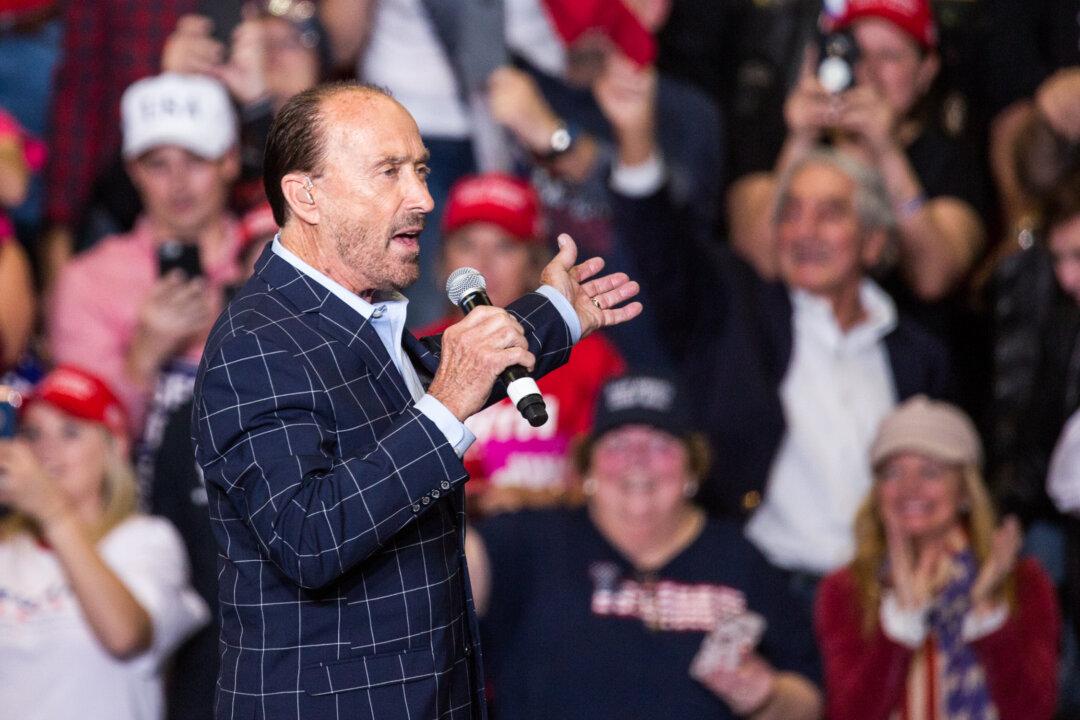Country music singer and songwriter Lee Greenwood said putting God first was a “conscious thought” with “no doubt about it” when he wrote the lyrics to his iconic patriotic song “God Bless the USA.”
“‘God Bless the USA’ represented for me my love of the country,” Greenwood said in a recent episode of EpochTV’s “Bay Area Innovators” program.





